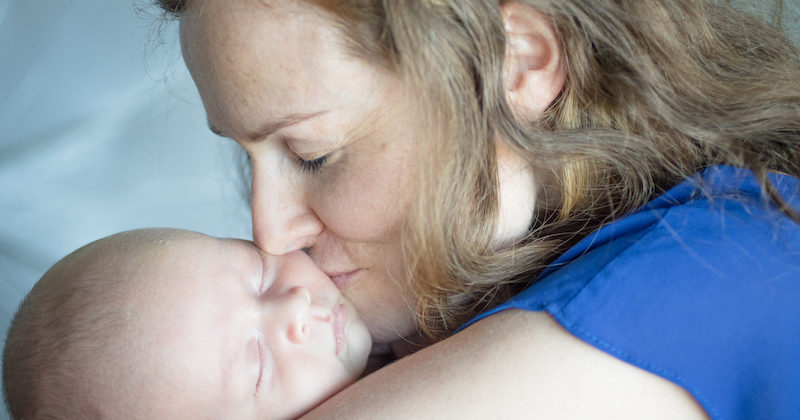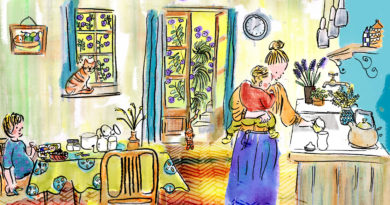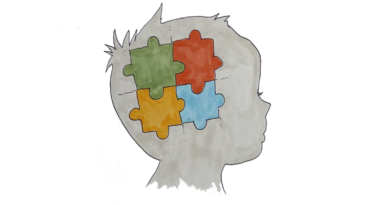Breastfeeding and the Comfort Zone
It’s not easy, perhaps, to stay in the Comfort Zone, especially when you have babies. But why not? After all, childbirth and breastfeeding are an integral part of you. As researcher and professor Niles Newton pointed out in the 1940s, the natural sequence is menstruation, conception, pregnancy, childbirth and then breastfeeding. For some, however, the very thought of breastfeeding is distasteful. Yet once your baby is there it might seem only natural to put her to the breast to feel the comfort and love flowing between you.
Is there a way to stay in the Comfort Zone? Google “childbirth photos” on the Internet and you can view a variety of situations and pictures. Many mothers look ecstatic, supported by a loving partner and cradling their newborn babies. In contrast, others appear way out of their comfort zone, exhausted, full of pain, surrounded by clinical technology and medical personnel. Maybe a quiet, relaxed home birth would have been calmer for them. On the other hand, many maternity units do strive to provide a serene and relaxed birthing experience, especially here in Switzerland. It must also be said that occasionally medical situations call for a more interventionist birth in order to protect the mother or child.
Whatever your personal birth experience, this is a fact: childbirth propels a mother’s hormones into another dimension and may cause her to feel far removed from her usual comfort zone. So you wonder why and what is going on – after all, you may well have been told that becoming a mother is a natural and wonderful experience, and perhaps you do not feel like this at all and are struggling to come to terms with many feelings and emotions. Try not to worry; this is so often the case in the first days after childbirth.
One mother said that she felt blissfully happy during her pregnancy, but as soon as the baby was born, she fell into a deep depression and cried for months. Others find that it is difficult to bond immediately, possibly due to medication for a C-section, recovering from vaginal tears or other unexpected consequences of childbirth. After birth your emotions and hormones are in turmoil. When she gave birth to her third child, one mother cried when she first looked at him. He seemed so small and vulnerable and she wondered if she was capable of looking after him. She felt guilty. How could she cope with her intense emotions?
Your initial days in hospital may well be worry-free, work-free and comforting, a time to relax and recover, secure in the knowledge that midwives and nurses are on hand to help, support and advise. But some new mothers can feel way out of their comfort zones as they try to come to terms with being a mother. Confronted with the novelty and physicality of breastfeeding, a crying or restless baby, and engorged breasts can easily overwhelm first-time or even experienced mums. This all may lead to a lack of confidence in their ability to cope with a baby.
You may be confused when you are told your baby’s lack of weight gain could be a cause for worry. You get conflicting advice about Baby’s weight and are fretting that your baby has not regained its birthweight. Then you are advised to pump and supplement – another move out of the comfort zone.
You might feel embarrassed about exposing your breasts. You may wonder why you do not look like those pictures of ecstatic mums. You don’t feel anything positive and you think there must be something wrong with you. Possibly other mothers appear to cope perfectly with their new babies while you are well and truly out of your comfort zone.
I vividly remember one mother saying how nervous she felt the first time she nursed her baby outside her home. She continued: “I was still fighting engorgement, leaky breasts and a painful latch. It was long before I felt comfortable with parenting, let alone unbuttoning my shirt in front of others. I soon realized I would need to get over that hurdle if I wanted to meet my desire to breastfeed.”
WHO recommends exclusive breastfeeding for the first six months and to continue thereafter along with appropriate weaning foods until two years of age. It would be difficult to do this if we could not continue with our lives while doing so. If we were stuck at home, unable to go shopping, eat at restaurants, or play with our older children in the swimming pool, it would be impossible to keep to this recommendation.
Don’t worry about being in or out of your comfort zone. Try to take things as they come and do get in touch with La Leche League. We are here to help and support you with your breastfeeding problems and difficulties by phone, email, or a spontaneous informal meeting. Even better – join one of our Group meetings where you will meet other mums who are experiencing the same difficulties and doubts. You will meet others who are trying to put on brave and positive faces, but are completely in turmoil on the inside. Please never feel that you are alone or the only mother feeling out of her comfort zone. Most mothers experience this in one form or another, and sharing stories really helps mums to cope and carry on.
By Elizabeth Kölük and Joanna Koch
Elizabeth and Joanna are two experienced La Leche League advisers who are happy to lead their Kilchberg LLL Group. Check our website, www.lalecheleague.ch, where there is expert and well-researched information on breastfeeding. Feel free to give one of the LLL leaders a call/email. The contact details are on the website.
Photo by Cloudia Chen
Cloudia Chen is a portrait photographer specializing in family and children’s portraits, as well as Swiss CV, business headshot and event photography. Before settling in Zurich, she lived in Mainland China, Hong Kong, London and the South of France. Her photos and articles have been published in various social media and popular travel magazines in China. To contact her please visit her website www.cloudiachen.com.




